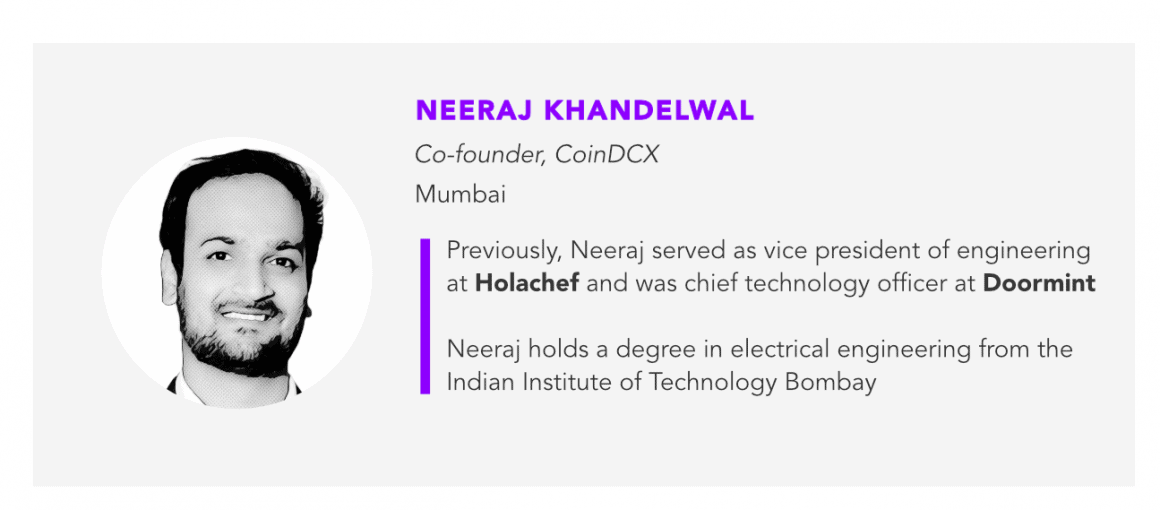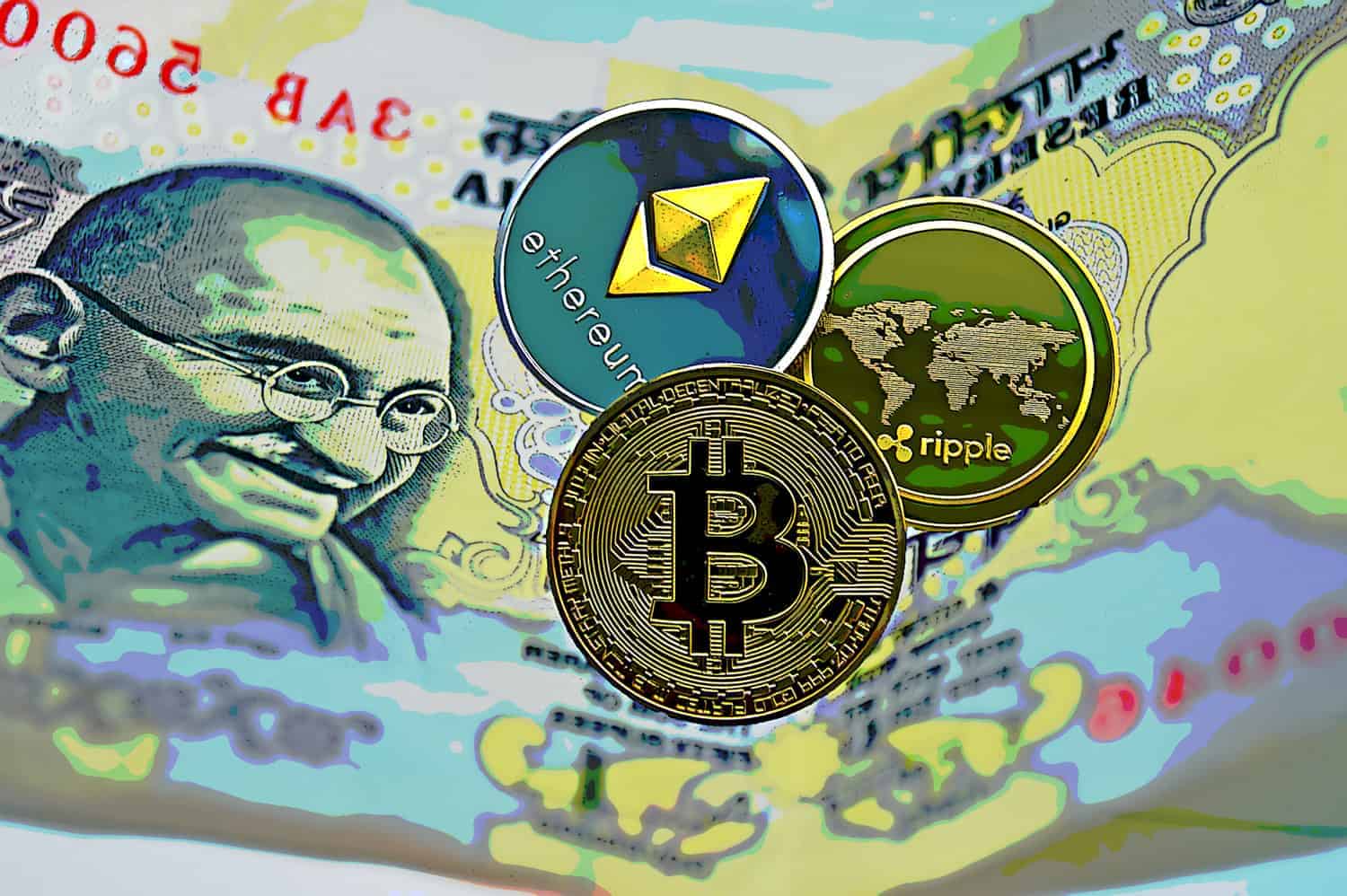Prior to the coronavirus outbreak, India’s Supreme Court delivered a historic verdict on the Reserve Bank of India’s case against cryptocurrencies, marking a momentous victory for the industry and a new dawn for crypto in India. Since the ruling, India’s crypto industry saw unprecedented expansion and a surge of international investors, paving the way for new opportunities and laying the groundwork for the nation’s emerging fintech and crypto economies. Yet today, with the pandemic affecting society on every level and causing turbulence in the global economy, stocks have plummeted and financial markets are struggling under the pressure of closed borders and government-ordered lockdowns.
Despite the ongoing economic crisis, cryptocurrency was able to maintain its store of value and bitcoin is up by more than 30% on the year, proving the asset class to be a much better hedge compared to traditional commodities such as gold or oil. Against this backdrop, the cryptocurrency market in India has seen an uptick of interest and activity, demonstrating the growing demand for cryptocurrencies and the burgeoning industry’s vast potential for expansion.

The turning point
Celebrated across the industry as a turning point for the nation, the overturn of the RBI’s banking ban earlier this year was a major step in the right direction. By reopening the relationship between cryptocurrencies and the formal financial sector, the Supreme Court has paved the way for the ascendancy of cryptocurrencies in India. Since then, the country’s most innovative companies have capitalized on this sea change, introducing new services and deploying much needed products to spur on industry growth. For example, within just hours after the ruling, crypto exchanges in India moved to integrate bank account transfers, greatly improving accessibility to digital assets for Indian citizens.
Since Covid-19 has become a global concern, the declining use of physical cash has accelerated the shift towards digital payments, putting the use cases of cryptocurrency and blockchain into the global spotlight. Furthermore, lockdowns and stay-at-home orders make sending or receiving money that much harder, signalling a greater need for more forms of accessible, cashless payments. For people who are sheltering in place, crypto could serve as an alternative form of borderless payment as it can be sent anywhere, regardless of whether they are transacting internationally or with a neighbor, and at relatively low fees. As we continue the pursuit for a cashless economy, India — with some of the highest rates of mobile penetration in the world — is well-positioned to emerge as a leader in crypto adoption.
With a population of 1.35 billion people and as Asia’s third-largest economy, India is undoubtedly one of the largest and fastest-growing markets for digital consumers. A 2019 study by McKinsey Global Institute predicted that by 2023, the number of internet users in India would have increased to roughly 800 million, and smartphones will double in number to around 700 million. Furthermore, with an enormous talent pool that is extremely well-versed in technology, India is primed to catapult itself onto the global stage in the movement towards digital asset adoption.
Calling for regulatory clarity
International stakeholders and investors have clearly recognized this immense potential, having shown keen interest towards embracing the cryptocurrency sector in India as a new investment avenue. With the influx of foreign capital into the Indian crypto economy, we are beginning to see the dawn of a new era for the cryptocurrency industry here. In order to protect users and encourage investors to leverage this nascent asset class, India can benefit from greater clarity in crypto regulation, particularly during such turbulent times. Regulatory clarity can also serve to attract new talent, overseas investment, and innovative businesses that might otherwise choose countries with a clearer legal framework surrounding cryptocurrencies.

Jurisdictions such as Singapore, South Korea, and Japan have demonstrated how clear regulations can aid in bolstering the blockchain industries in these countries; taking a similar trajectory is likely to benefit India with a rise in crypto and blockchain-focused startups, employment opportunities, and institutional interest from traditional actors. With solid regulation, investor confidence and trust will naturally follow, as will fresh innovation opportunities, enabling the market to progress commensurately. In the long-term, that’s a clear benefit for the overall health of the Indian economy and its competitiveness globally. In order to achieve this, fostering open dialogue with the Indian government and regulatory bodies is crucial to developing innovative solutions and frameworks to bolster India’s future growth.
Laying groundwork with education
Providing regulatory clarity is just part of the picture. As has often been the case with most kinds of emerging technology, the bottleneck to wider cryptocurrency adoption is a lack of consumer education and reliable information. Cryptocurrency education is an essential part of the process towards mainstream acceptance. If people do not understand the value of digital assets, how can they be expected to believe and invest in them? When the average person has a firm grasp of the blockchain and crypto ecosystem, adoption will face less friction.
As such, education and awareness are key to promoting widespread adoption and allowing millions to unlock the far-reaching benefits of crypto. By providing reliable, high quality crypto-related education, novice users will have the tools needed to equip themselves with the knowledge to navigate the cryptocurrency market and engage with the asset class in a safe and informed manner. To that end, every person in the crypto community has a responsibility — as a pioneer and an advocate — to educate as many people as possible on the benefits of crypto and how they can use it to invest, transact digitally, or store value. CoinDCX has launched a US$1.3 million initiative to do just that. Recently, DCX Learn, a holistic resource for cryptocurrency and blockchain educational content, went live.
It is clear that India holds so much untapped potential when it comes to the crypto space. With decreasing data costs and the increasing availability of smartphones and high-speed connectivity, even lower-income states have seen a boost in internet users, bridging a previously wide digital divide. The recent Facebook deal with Jio Platforms also bodes well for the Indian crypto space, and is a sign that global conglomerates are starting to look towards India as the next hub to launch crypto projects. As one of the largest emerging markets in terms of growth and future potential, India could soon rise to become a leader in the digital assets industry as the barriers to entry are lowered. With governments now focused on the pandemic and its resulting economic crisis, nobody can predict how the next few months will play out in the regulatory space — but in order for India to realize the benefits that crypto can bring to our nation, further clarity is needed to nurture this new economy and bring the sector into a new stage of growth.




